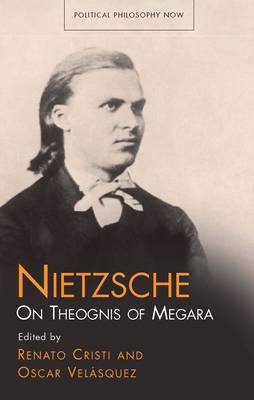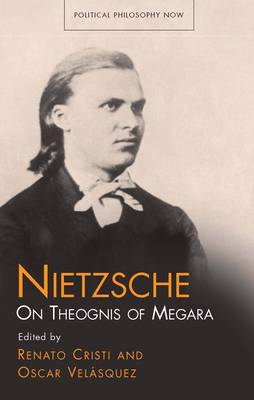
- Afhalen na 1 uur in een winkel met voorraad
- Gratis thuislevering in België vanaf € 30
- Ruim aanbod met 7 miljoen producten
- Afhalen na 1 uur in een winkel met voorraad
- Gratis thuislevering in België vanaf € 30
- Ruim aanbod met 7 miljoen producten
Zoeken
Omschrijving
This edited volume shows that Theognis’ aristocratism determined and guided Nietzsche’s critique of the moral point of view and his conception of an aristocratic state.
Specificaties
Betrokkenen
- Uitgeverij:
Inhoud
- Aantal bladzijden:
- 266
- Reeks:
Eigenschappen
- Productcode (EAN):
- 9781783168002
- Verschijningsdatum:
- 11/11/2015
- Uitvoering:
- Hardcover
- Afmetingen:
- 223 mm x 147 mm
- Gewicht:
- 376 g

Alleen bij Standaard Boekhandel
+ 86 punten op je klantenkaart van Standaard Boekhandel
Beoordelingen
We publiceren alleen reviews die voldoen aan de voorwaarden voor reviews. Bekijk onze voorwaarden voor reviews.










